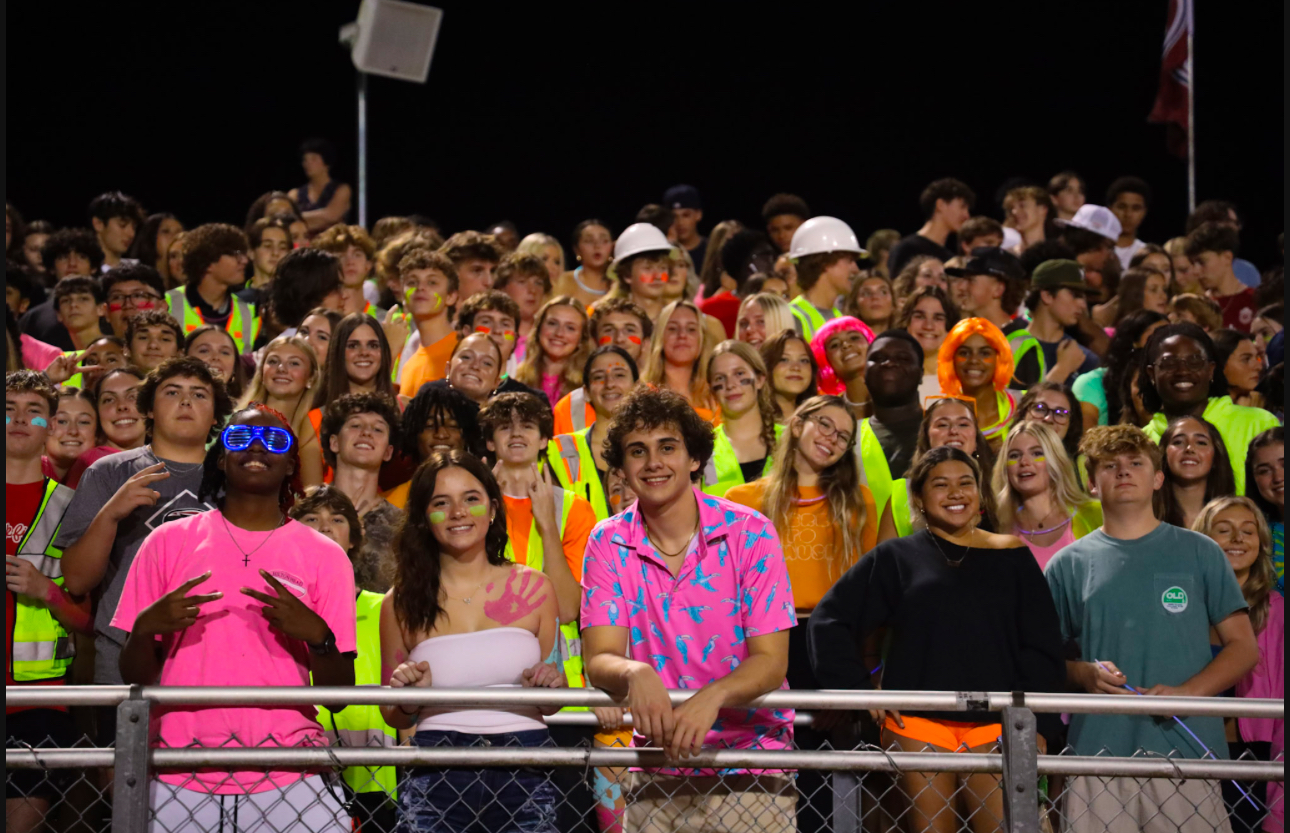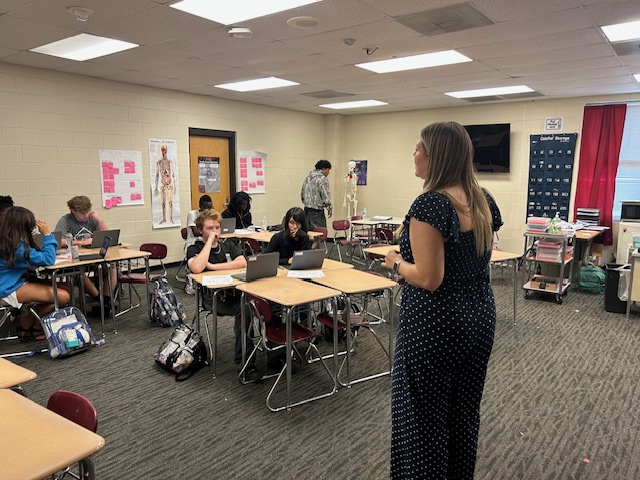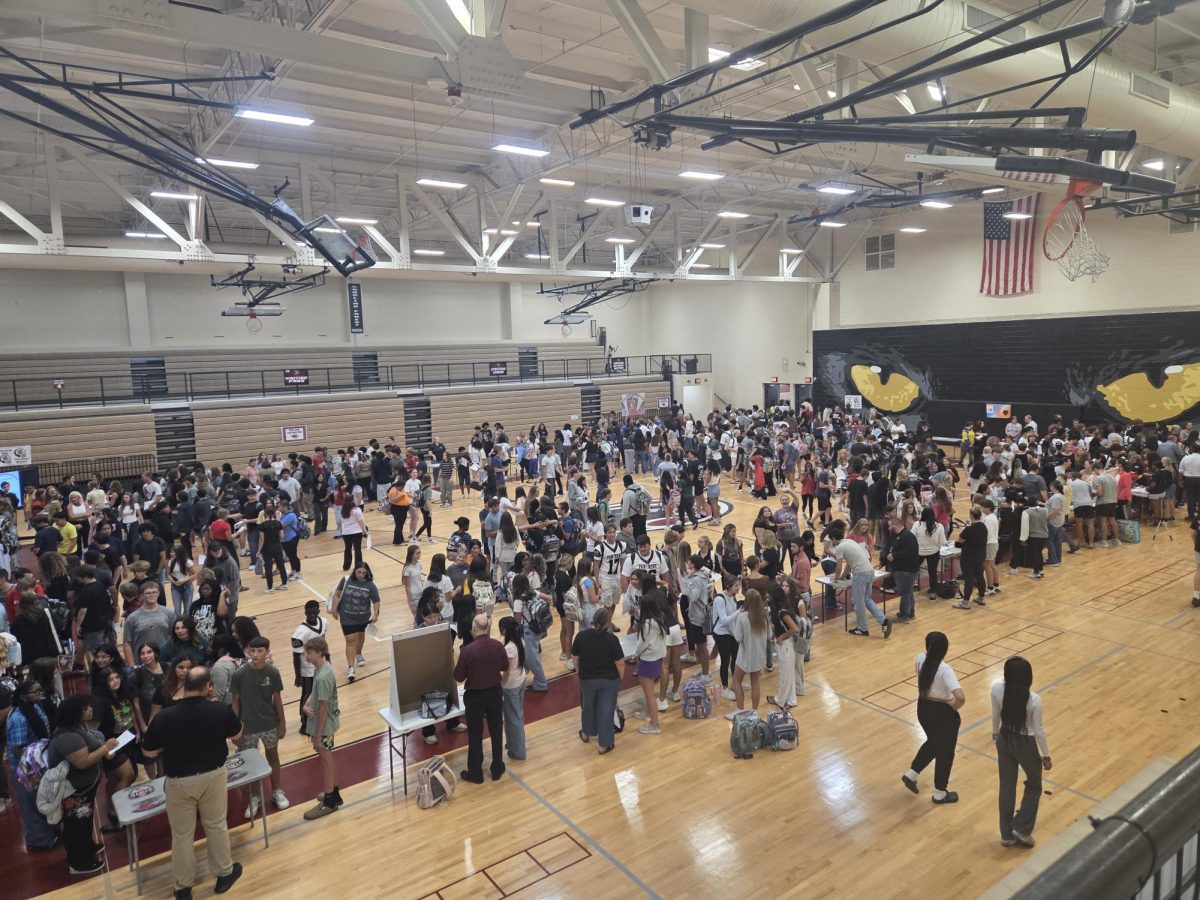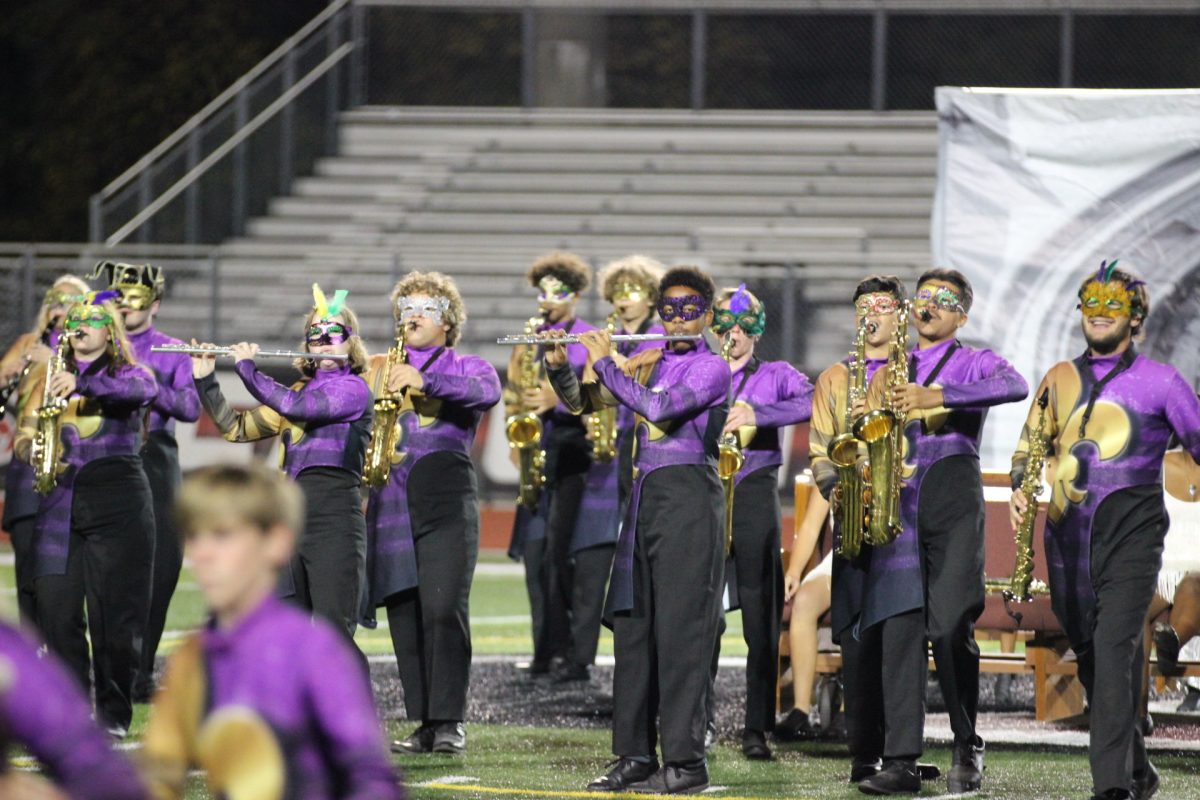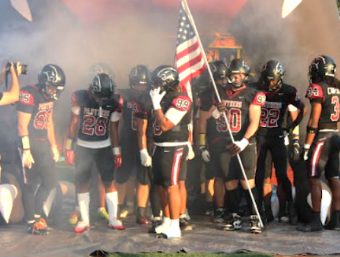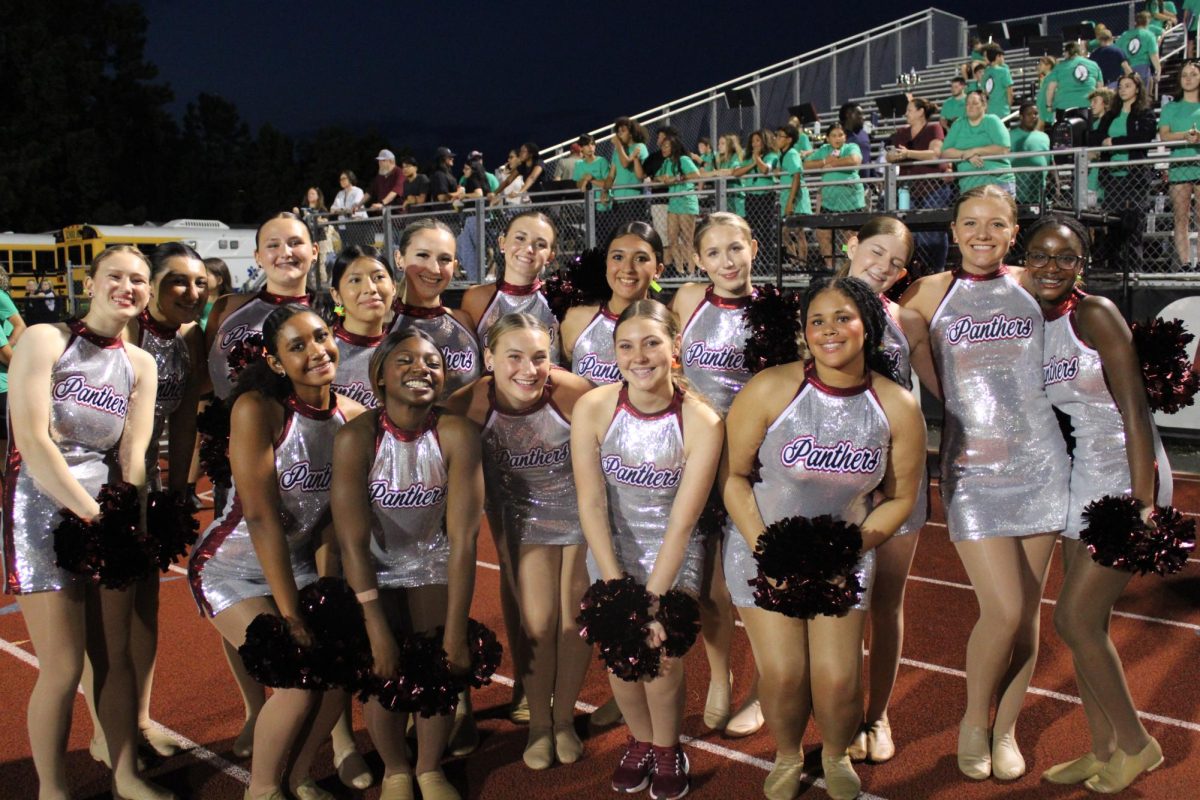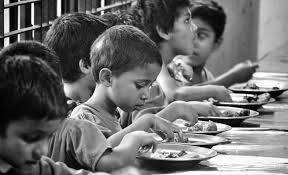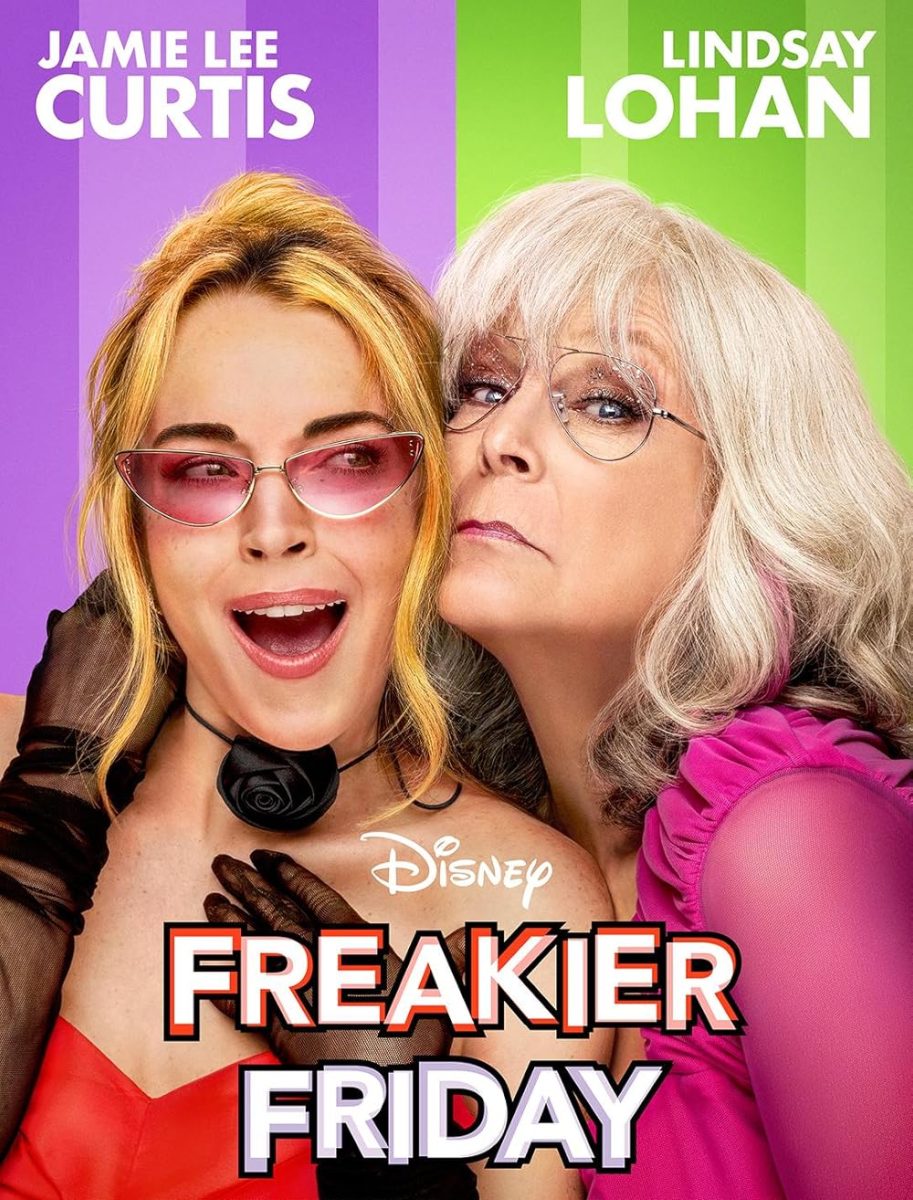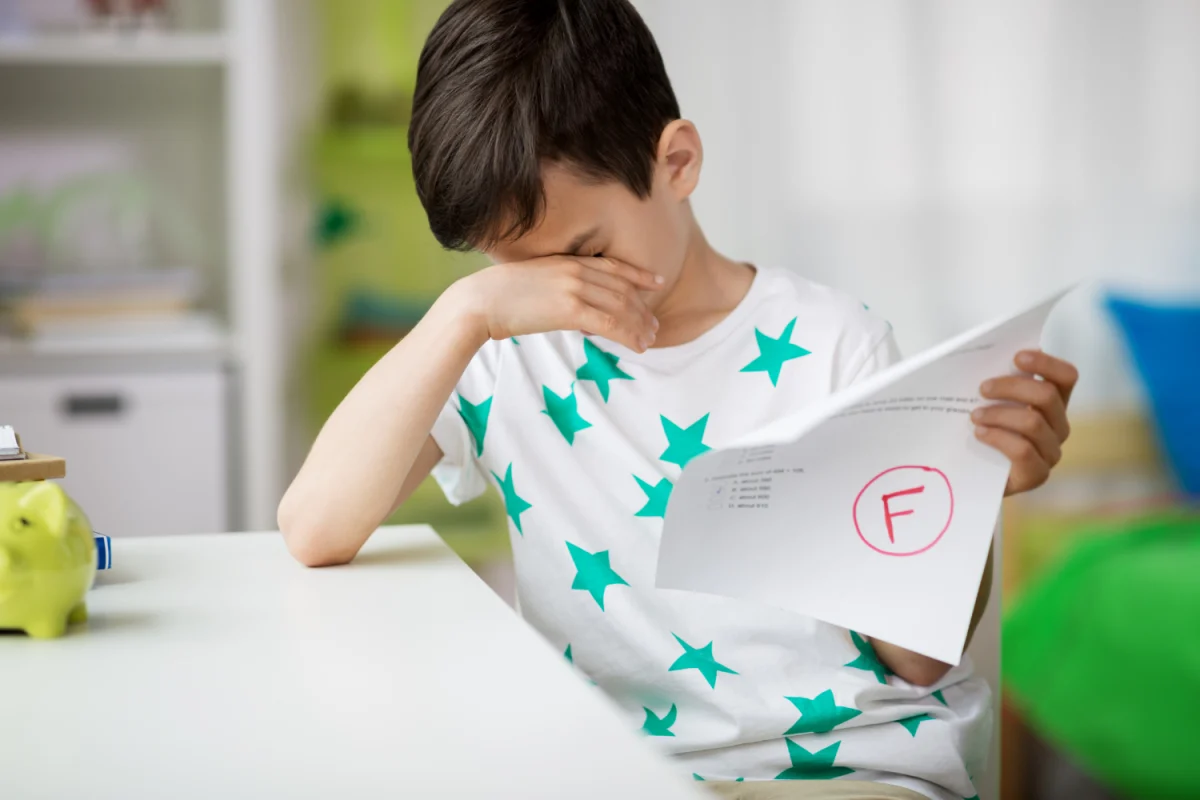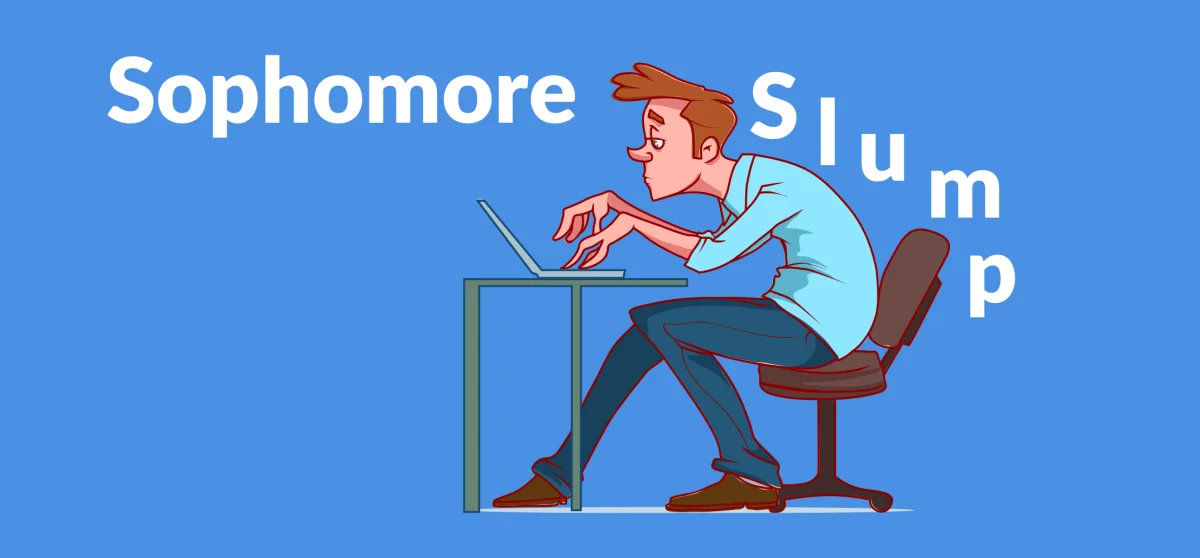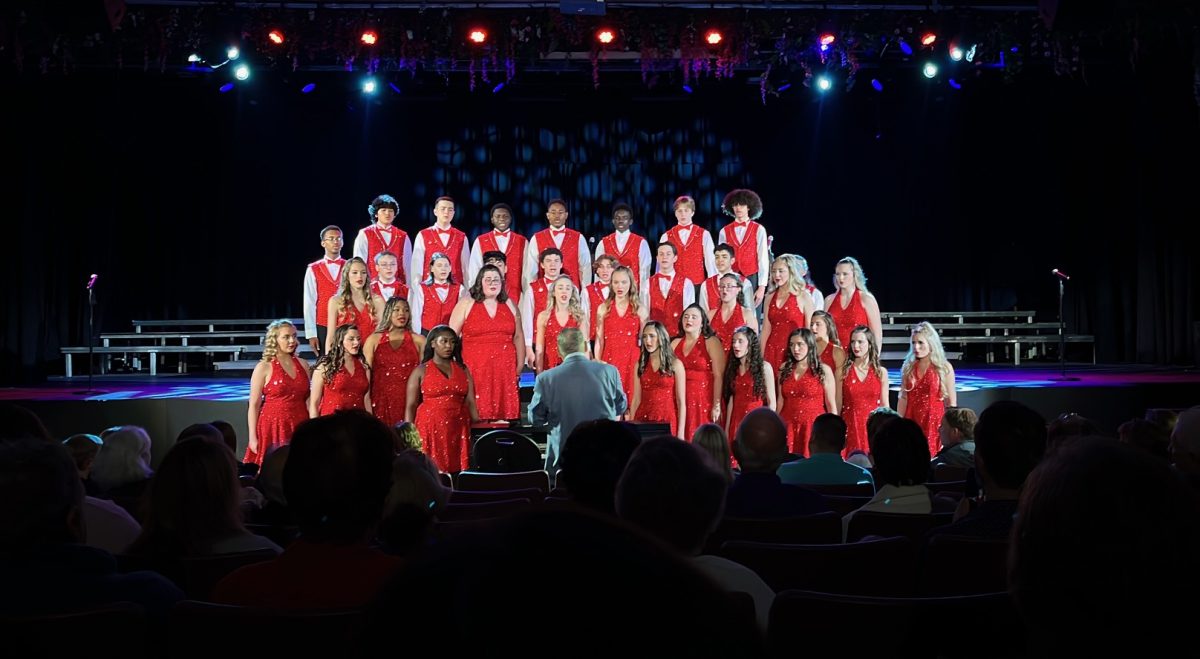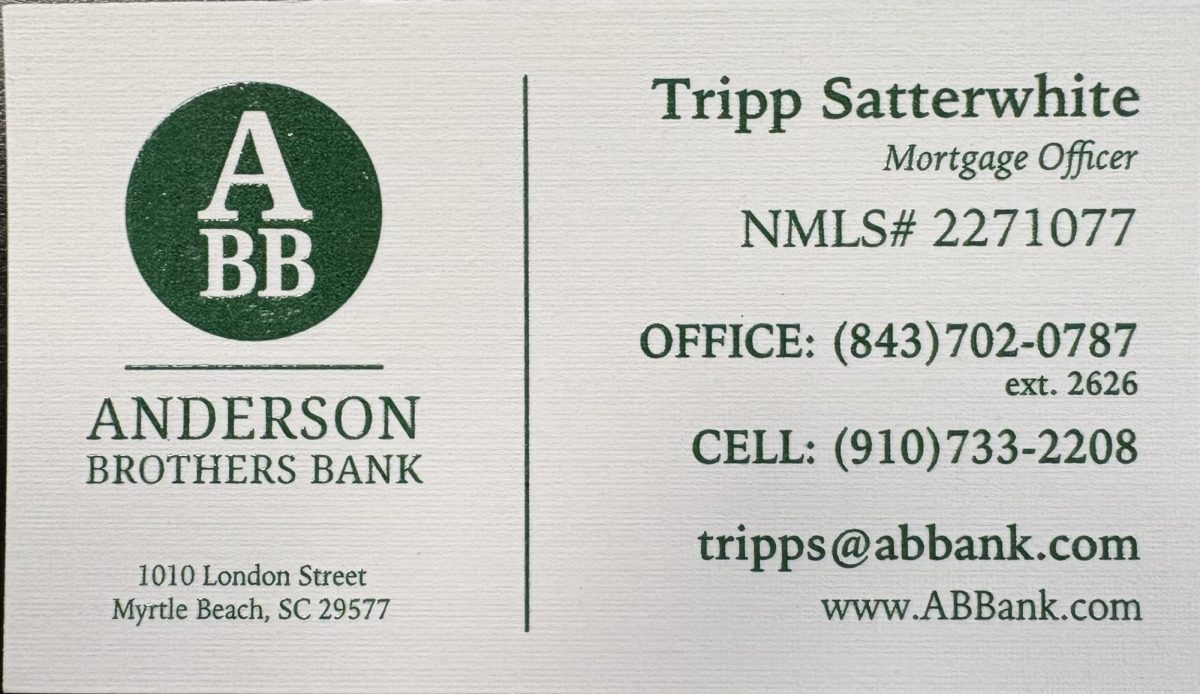Should Books be Banned?
February 18, 2022
Recently more and more books have been placed on banned lists around the country. Book censorship comes in many forms whether it is removal of the book from libraries or it is no longer allowed to be taught in classrooms.
The controversy surrounding books like “To Kill A Mockingbird” and most recently “Maus” has landed these books front row seats to the banned section, along with “Of Mice and Men,” “The Bluest Eye” and “Speak.” Many of these books have been banned due to issues relating to race, violence, and profanity.
Although there are controversial topics in many of these books, is there a need to take them off the shelves? The Bill of Rights written in 1791 outlines basic American rights such as the freedom of speech and press. Many books are seen as freedom of expression and speech although they deal with controversy. Numerous books are pulled from shelves daily due to racial issues, sexual remarks, and controversy surrounding the LGBTQ community.
According to the American Library Association, over 273 books were banned throughout schools and libraries over controversial issues in 2021.
“Maus,” a graphic novel depicting the Holocaust, is the number one most controversial book in 2022. A depiction of author Art Spiegelman’s mother committing suicide after experiencing the atrocities to Jews of the Holocaust, Jews are shown as mice, and Germans as cats are what drives this book to the top of the list. Many schools do not value an accurate retelling of the Holocaust and want books that are deemed politically correct placed in libraries, leading to controversy across communities. The McMinn County, Tenn., Board of Education most recently stood by their decision to ban “Maus.” They came by their decision after stating how the violence and strong language would hurt the development of eighth-graders in the county. (Washington Post)
In an interview with “New York Magazine,” Art Spiegelman stated, “They want to teach the Holocaust; they just want a friendlier Holocaust to teach.”
As antisemitism in the United States continues to be on the rise, Holocaust education in public schools is more important than ever. The South Carolina Council on the Holocaust holds workshops for educators in the state focusing on the importance of Holocaust education and human rights.
South Carolina State Superintendent Molly Spearman shared, “The work that the SC Council on the Holocaust does is so important for our students in South Carolina. Having a chance to discuss and reflect on the past gives students the tools to be better citizens for our future.”
As far back as the 1990s, Harper Lee’s “To Kill A Mockingbird” has been brought to numerous school boards across the United States and Canada. The book features allegations of rape and racial issues, as well as profanity, making it one of the most controversial in schools across North America. Published in 1960, the book deals with issues during the Great Depression and rape allegations. According to the American Library Association, “To Kill A Mockingbird” is ranked seventh out of the most banned books in the United States.
The banning of “To Kill A Mockingbird” is detrimental to the youth as they travel through the public school systems. Controversial books are able to spark conversations about hard subjects in the classroom, whether it’s dealing with racial issues or profanity. The conversations that many of these banned books are bringing up are what are giving many of our students a sense of self-representation within the classroom.
English teacher Jay Philon shares, “To ban ‘To Kill a Mockingbird’ because it is supposedly racist, or because of its use of realistic language, is to woefully misunderstand the historical context in which it was written. If our thoughts are so weak that they can be so easily swayed that we have to ban a book, perhaps it is our weak thoughts that need changing and not the book.”
According to the American Library Association, over 31% of book banning occurs in schools around the U.S. With the use of social media, many of these discrepancies can be brought to the attention of authors and readers around the world, allowing them to take action against censorship directly.
Images by Google
